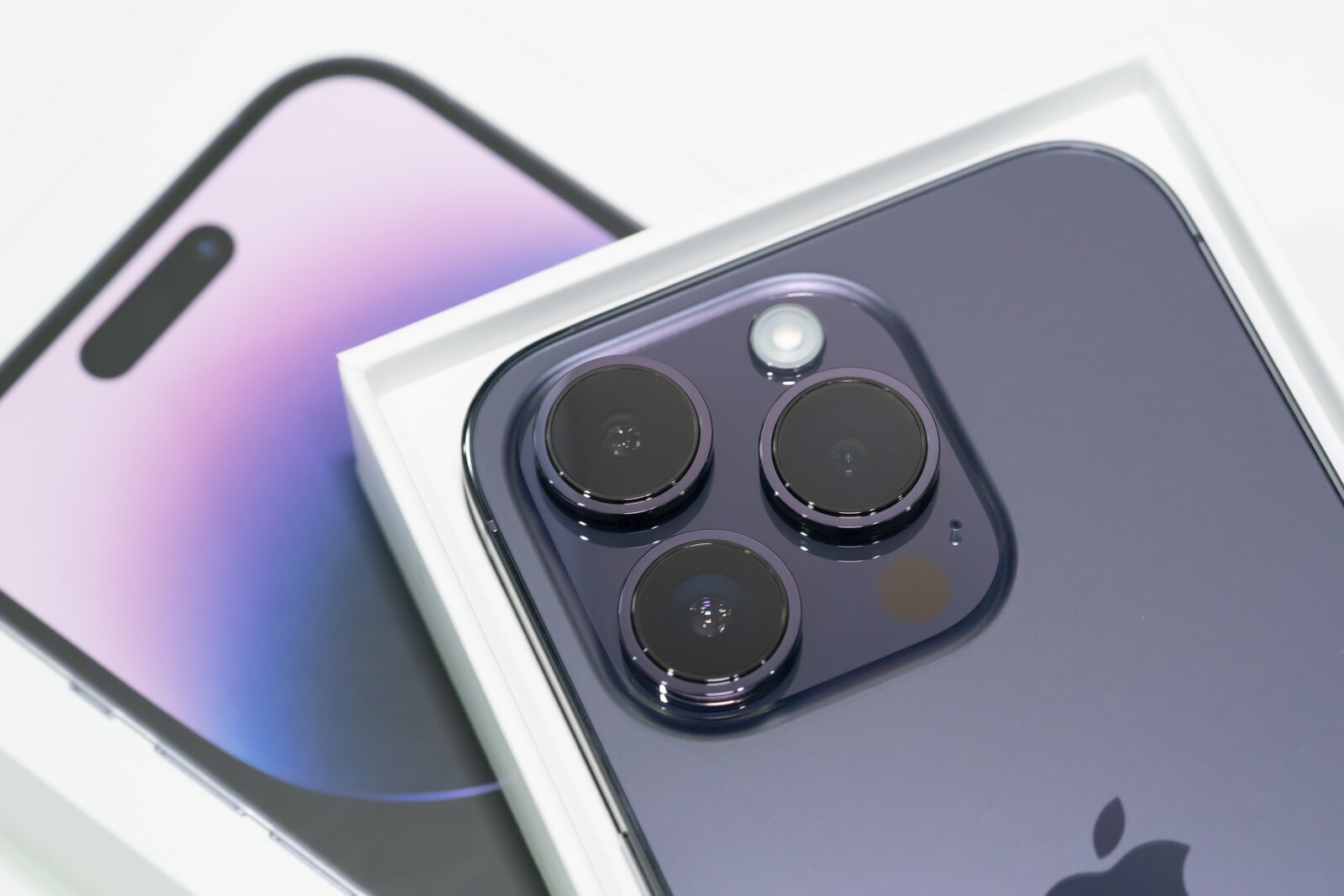iPhone production is being hit by new covid breakouts in China + Your sweetened drinks and treats could be causing serious health problems

You might be waiting a while to get your hands on a new iPhone: Apple faces rising uncertainty due to the coronavirus outbreak in China that follows the lifting of zero-covid restrictions, The Financial Times reports. Supply chain experts are warning of a rising risk of months-long prolonged disruptions to iPhone production. Foxconn’s megafactory — the tech giant’s main supplier in Zhengzhou’s “iPhone City” — has been hit hard by the wave, facing nearly 1 mn new daily infections with the number forecasted to double in upcoming days. Apple has had to deal with chaos at the factory since October. Foxconn relocated some of its production to other facilities across China, and Apple has tapped component suppliers in a bid to reduce the long wait times for customers purchasing iPhones in the US, which Swiss bank UBS estimates to be around 23 days. The potential for employee shortages at component plants or assembly factories across China has arisen as a potential new longer-term risk.
The situation may be even worse than reported: City-scale tallies of covid-19 infections far exceed the national tally of infections officially reported by the government, raising concerns that infections are spiraling out of control in the country, Bloomberg reports. The surge in covid-19 cases in China since it abruptly ended its strict virus curbs have threatened to cause economic chaos as its key manufacturing industry finds itself short of workers.
Sweeteners may not be as harmless as you think: New studies disprove the claim that sweeteners are harmless with results showing how the excessive and consistent use of sweeteners can lead to several health conditions, The Guardian reports. Despite the notion that zero sugar drinks and sweets offer the chance to enjoy the taste without the calories, prolonged consumption of these treats can lead to type 2 diabetes, weight gain, tooth decay, and higher blood sugar levels according to researchers. In response, WHO produced new guidelines based on evidence gathered from scientific research on the effect of sweeteners on humans, saying that “it should not be used as a means of achieving weight control or reducing risk of non-communicable diseases such as diabetes or heart disease.”
How the sugar tax ushered in a spike in diet drinks: High sugar taxes imposed in over 40 countries worldwide led to an increase in the use of zero sugar alternatives, after sales declined. By 2019, 60% of soft drinks sold by Coca-Cola and 83% sold by Pepsi were the sweetened variety, according to The Guardian.
The research: A 10-year study led by experts from the Sorbonne Paris Nord University tracked 103k adults with a diet that includes sweeteners from all dietary sources including drinks, sweetener packets, and dairy products. The results found a higher risk of cardiovascular, cerebrovascular, and coronary heart diseases with over 1.5k recorded cases of cardiovascular events including heart attacks, strokes, and angina.